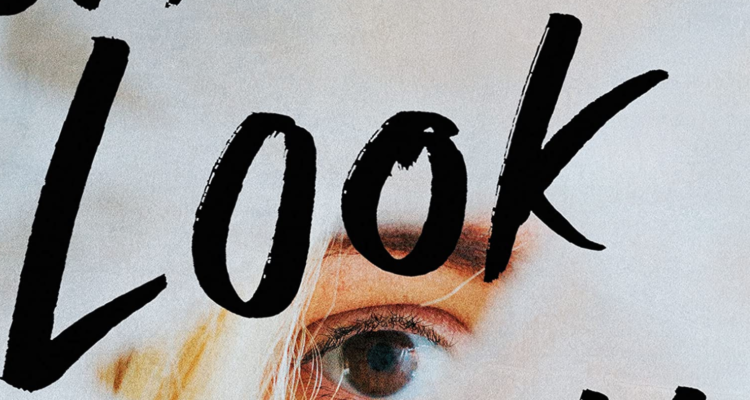Can’t Look Away is the first novel I’ve read in one day in a long time. I LITERALLY couldn’t look away. Lots of novels are described with the phrase “can’t put down”, but in this case, it’s true!
Molly has a seemingly perfect life with her adoring husband Hunter and their vivacious and sweet daughter. So why is it so difficult to forget Jake Danner, the sexy upcoming rockstar who stole her heart when she was twenty-three? The once aspiring writer loves her life but has never been a perfect match for the exclusive Connecticut suburb she lives in. That’s why the feisty hippyish Sabrina becomes such a fast friend when they connect at a yoga class Molly teaches. It’s also the reason Molly doesn’t suspect Sabrina might have an ulterior motive for becoming so chummy so quickly.
We’re so happy the author had some time to chat about her epically fast read Can’t Look Away.
Amy Wilhelm: Why do you think we’re obsessed with stories with a “one that got away” theme?
Carola Levering: I think many of us have—to some degree—“the one that got away” in our own lives. Or, at least, as we make critical choices that shape the course of our lives, we can’t help but imagine what a different choice might have led to, what a different path may have looked like. Not necessarily in a regretful way, but because we are curious.
AW: Although your novel deals with love relationships, it is each person’s inner relationship with their hopes and dreams, and fears that so strongly influences their perspective and choices. How do you think your novel expands beyond its storyline to include questions we all deal with?
 CL: It’s important to me as a writer to spend time in my characters’ interior worlds, to understand their greatest dreams and fears. Through this deeper dive into Molly, Jake, and Sabrina’s psychologies, I hope my novel might probe readers to turn inwards and ask themselves the following questions: has life turned out like you thought it would when you were young and dreaming big? What dreams have you abandoned that it’s not too late to chase?
CL: It’s important to me as a writer to spend time in my characters’ interior worlds, to understand their greatest dreams and fears. Through this deeper dive into Molly, Jake, and Sabrina’s psychologies, I hope my novel might probe readers to turn inwards and ask themselves the following questions: has life turned out like you thought it would when you were young and dreaming big? What dreams have you abandoned that it’s not too late to chase?
AW: In this story, Molly’s two great loves – Jake and Hunter – each possess qualities the other does not share. Is it impossible to “have it all” when it comes to choosing a life partner?
CL: No, I don’t think any one partner can offer “it all”. All human beings are flawed and no relationship is perfect. I think this is something that Molly realizes over the course of the novel; she sees that there are different kinds of love but ultimately figures out which love is truly meant for her, for the person she has become.
AW: Molly is so very young when she makes the decision to give up on Jake, highlighting how inexperienced most people are when choosing a potential life mate. Do you think mature Molly would’ve made the same decision? >>>>>> SPOILER ALERT AHEAD!!!
CL: I do. And I think we get this answer from her in her final chapter when she tells Hunter “I chose you then. I choose you still.” Molly knows, as heartbreaking as it was to give up on her life with Jake, that it was the right decision for both of them.
AW: Both Molly and Jake are heavily influenced by their own childhoods when it comes to matters of the heart. I think almost everyone falls victim to this in one way or another. What can the reader learn from what did and didn’t work for your fictional, but oh so real, couple?
CL: I think it’s close to impossible not to bring childhood traumas and/or dynamics into our adult relationships. The image of Molly’s father leaving their family always stayed with her, and this puts her on high alert when Jake begins to act selfishly. Likewise, Jake has convinced himself that he doesn’t know how to be a good man because his father isn’t one. I think what Molly and Jake can hopefully teach us is that in order for a relationship to survive, it’s essential to break free from our childhood dynamics, or at least make peace with these dynamics and understand that they don’t define us.


